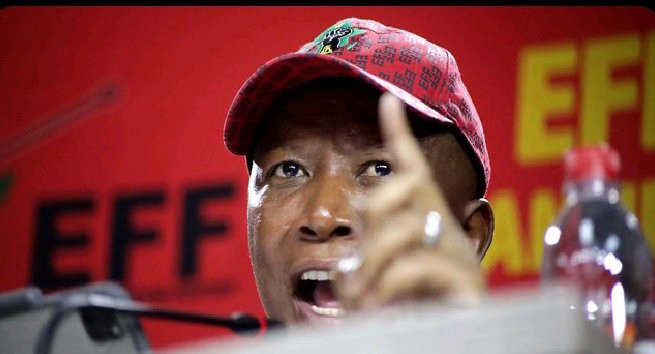A scathing condemnation of corruption has emerged from South African political figures, calling out what they describe as the exploitation of future generations for the benefit of an “82-year-old man corrupt to the core.” While the statement refrains from naming names, it is widely interpreted as a pointed critique of former President Jacob Zuma, whose presidency was marred by numerous corruption allegations, including the infamous state capture scandal.
Growing Calls for Accountability
These remarks come at a critical juncture, as concerns over South Africa’s economic and political trajectory deepen ahead of the 2024 general elections. One outspoken leader declared, “We refuse to sacrifice future generations for the ambitions of an 82-year-old man,” reflecting mounting frustration with entrenched corruption and its long-term consequences on the country.
Jacob Zuma’s presidency has been synonymous with allegations of state capture, during which key state institutions and enterprises were reportedly co-opted for private gain. Critics argue that his leadership left a legacy of weakened institutions, widespread graft, and diminished public trust in government.
A Nation Divided
Despite these allegations, Zuma retains considerable support among certain African National Congress (ANC) factions and a loyal grassroots following, particularly in KwaZulu-Natal. His supporters often frame him as a victim of political persecution, citing his contributions to South Africa’s liberation struggle and leadership during the anti-apartheid movement as evidence of his enduring significance.
However, his detractors argue that his influence perpetuates systemic corruption and hinders much-needed reforms within the ANC. “Corruption at the top has a trickle-down effect on the entire nation,” said another leader. “We cannot allow this to persist.”
Implications for the ANC and 2024 Elections
With South Africa’s general elections on the horizon, the ANC faces intensifying pressure to address internal divisions and corruption scandals that have eroded its credibility. Political analysts note that this latest denunciation of Zuma’s influence underscores a broader demand for generational renewal within the party.
Dr. Palesa Mokoena, a political analyst, explained:
“The ANC is at a crossroads. While Zuma’s legacy still resonates with certain groups, there is a growing call for leaders who can restore integrity, rebuild trust, and prioritize the country’s future over factional battles.”
The Way Forward
For many, the upcoming elections represent a pivotal moment for South Africa to move beyond the shadow of past corruption scandals. Leaders advocating for reform emphasize the need for a transparent, accountable government capable of addressing pressing socio-economic challenges such as unemployment, inequality, and failing public services.
As the debate over Zuma’s legacy and influence rages on, the nation’s focus will increasingly shift to the ANC’s ability—or inability—to chart a new course for itself and South Africa. The elections will ultimately determine whether the country continues to grapple with the remnants of Zuma’s controversial tenure or embraces a fresh era of leadership and accountability.






















